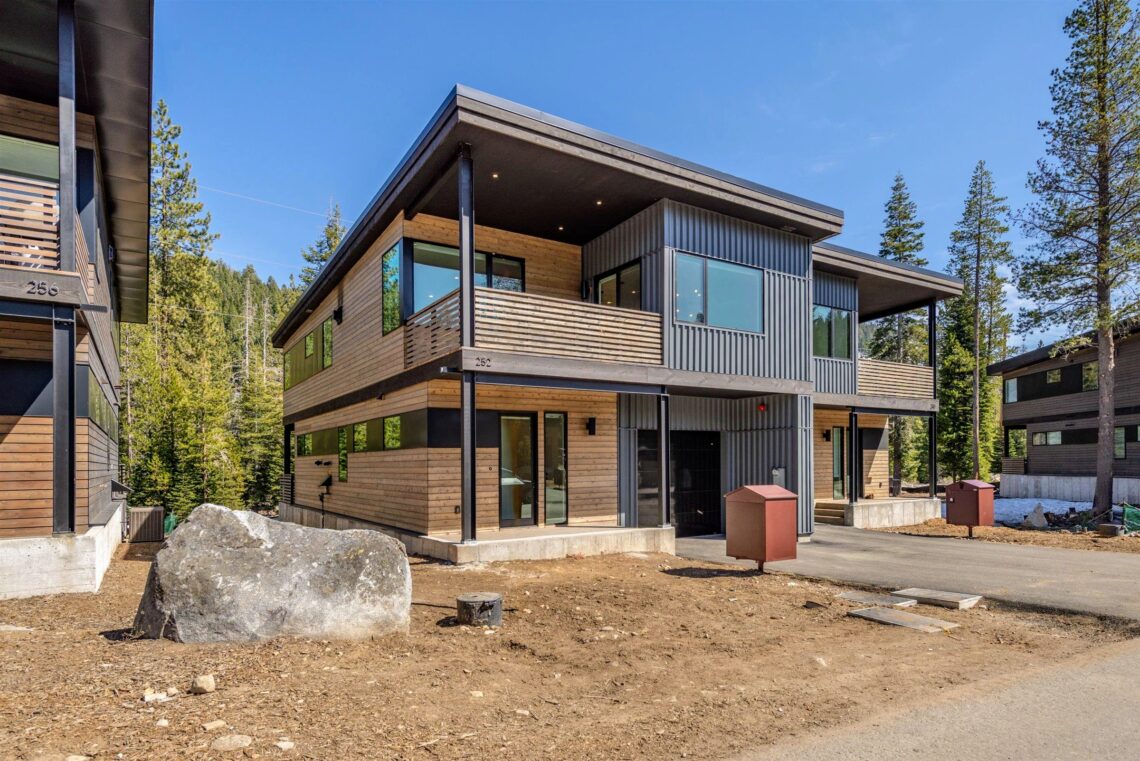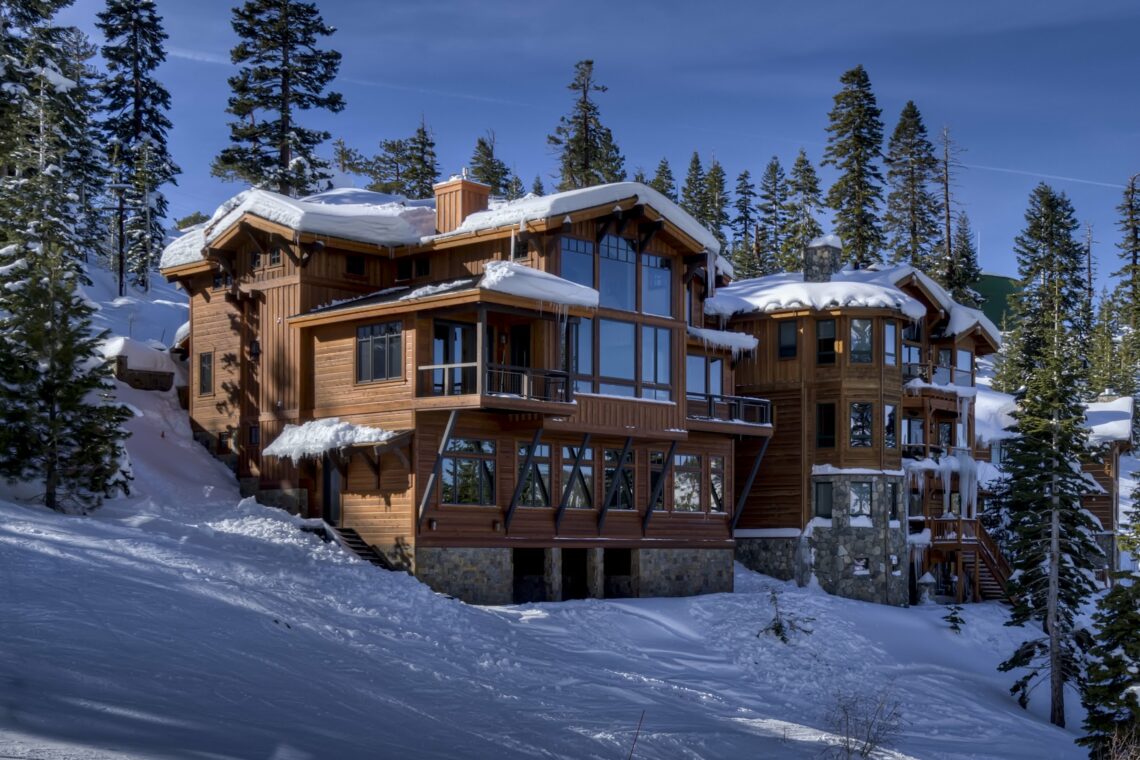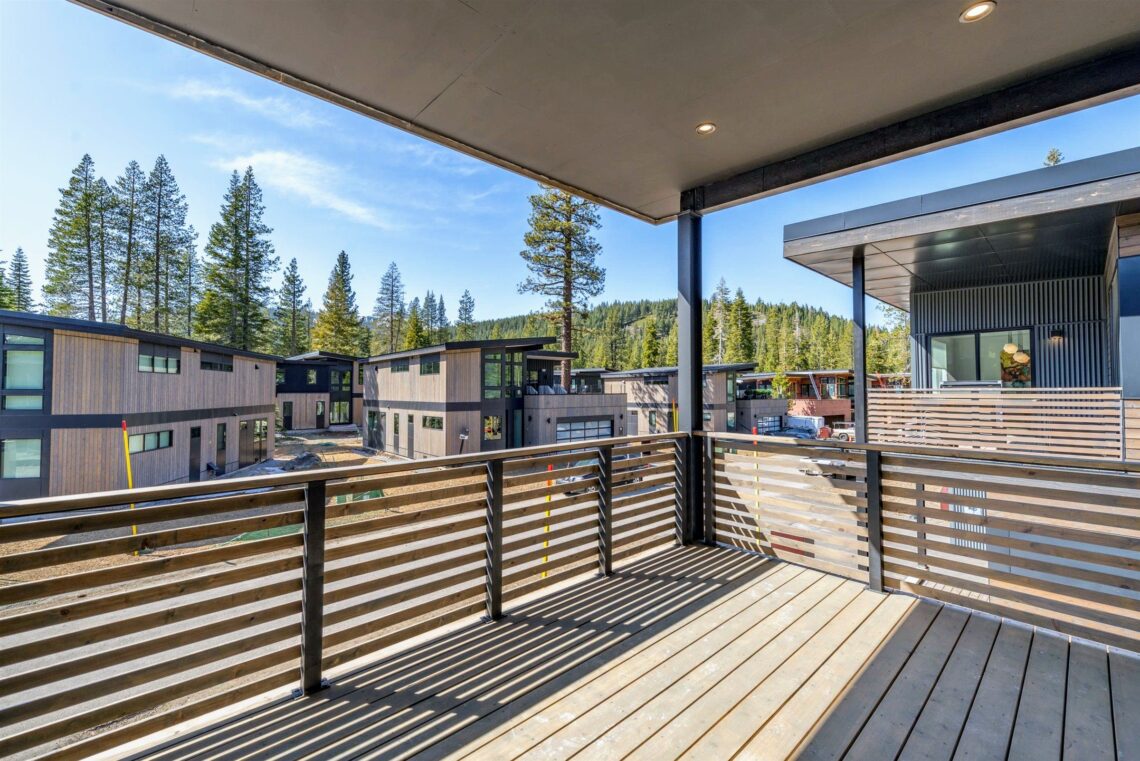Lake Tahoe is a stunning destination, attracting tourists and new residents alike with its natural beauty and recreational opportunities. However, for those planning to rent properties, whether as landlords or tenants, understanding Lake Tahoe’s rental laws is crucial. Complying with these regulations ensures a smooth and legal rental experience, avoiding potential fines and conflicts. This blog post will provide an overview of the key rental regulations that new residents need to be aware of in Lake Tahoe.
Lake Tahoe Short Term Rental Regulations
Short Term Rentals (STRs) and Vacation Home Rentals (VHRs) are popular in Lake Tahoe, providing flexible accommodation options for visitors. Short Term Rentals (STRs) refer to rental properties that are leased out for short durations, typically less than 30 days. Popular among tourists, these rentals offer flexible accommodation options for visitors who prefer a homely environment over traditional hotels.
Vacation Home Rentals (VHRs) in Lake Tahoe are properties rented out to tourists for their vacation stays, usually for a few days to a couple of weeks. These homes are fully furnished and equipped with amenities to provide a comfortable and convenient stay. VHRs offer more space and privacy compared to hotels, making them ideal for families and groups.
Short-term rentals, such as those listed on Airbnb and VRBO, are subject to local regulations and may require specific permits and adherence to guidelines set by local authorities. Like STRs, VHRs also fall under specific regulations and licensing requirements to ensure they meet safety and operational standards. Most of the information below applies to STR regulations in the Lake Tahoe region.
| Regulation | Description |
| Permit Requirements | Owners must obtain a permit to operate a short-term rental |
| Occupancy Limits | Restrictions on the number of guests per rental property |
| Noise and Safety | Rules to prevent excessive noise and ensure the safety of guests |
Additionally, each county around Lake Tahoe has specific regulations to manage these rentals, ensuring they do not negatively impact the community.
Douglas County
Douglas County has implemented stringent regulations for STR permits. There is a permit cap to control the number of STRs, and there is an initiative to phase out VHRs in residential areas over time. This measure aims to preserve the residential character of neighborhoods and reduce potential disturbances caused by short-term visitors.
Douglas County has also placed a limit of 600 permits in the Tahoe Township area, with around 550 already issued. The new rules mandate annual safety inspections and liability insurance of at least $500,000. Owners must also display their permit numbers in all advertisements and comply with transient occupancy tax regulations.
For more detailed information, you can visit the Douglas County website on VHR regulations and the recent changes to the ordinance:
Washoe County (Incline Village)
In Washoe County, particularly in Incline Village, short-term rental (STR) regulations are comprehensive and designed to manage the impact on the local community and environment. The regulations include strict parking ordinances, permit fees, occupancy limits, and specific rules for second STRs in legally permitted accessory dwellings.
Key aspects of the regulations include:
- Parking Ordinances: There are stringent rules regarding parking to minimize disruptions and congestion in residential areas.
- Permit Fees: STR owners are required to pay application and renewal fees, which have been increased to help fund the enforcement of these regulations.
- Occupancy Limits: There are clear limits on the number of occupants per STR to ensure that the local infrastructure can handle the influx of visitors.
- Accessory Dwelling Units (ADUs): The county has proposed banning the use of ADUs, also known as granny flats, as STRs to prevent exacerbating housing shortages and community disturbances.
These measures aim to preserve the residential character of neighborhoods, reduce potential disturbances caused by short-term visitors, and ensure that the local environment is protected. Violations related to noise, trash, and other disturbances are taken seriously and can result in penalties and eventual revocation of the STR permit.
For more detailed information, you can check the following resources:
Placer County/West Shore
In Placer County and the West Shore area, short-term rental (STR) regulations focus on safety and environmental considerations. These regulations aim to manage the impact of STRs on local communities and mitigate wildfire risks, which are a significant concern in the region.
Key aspects of Placer County’s STR regulations include:
- Fire Safety Requirements: STR properties must undergo both interior and exterior fire inspections. The interior Fire Life Safety (FLS) inspection ensures properties have visible addresses, working smoke and carbon monoxide alarms, and properly maintained fire extinguishers. Exterior inspections focus on creating defensible space around properties to reduce wildfire risk by maintaining buffer zones free of flammable materials and ensuring proper vegetation management.
- Permit Application and Fees: STR owners must obtain a permit, which includes a fee and proof of compliance with safety inspections. The permit process also requires having a local contact person available 24/7 to address any issues that may arise.
- Occupancy and Noise Limits: Regulations establish quiet hours and occupancy limits to minimize disturbances in residential neighborhoods. Properties must also provide bear-proof trash bins to prevent wildlife issues.
For more detailed information on the specific regulations and requirements, you can visit the following resources:
El Dorado County
El Dorado County has implemented comprehensive regulations for STRs to ensure community safety and maintain the quality of life for residents. These regulations include:
- Occupancy Limits and Noise Control: STR properties must adhere to strict occupancy limits, typically allowing two people per bedroom, plus an additional two people per unit. Quiet hours are enforced from 10 p.m. to 8 a.m. to minimize noise disturbances in residential neighborhoods.
- Fire Safety Inspections: All STR properties are required to undergo regular fire safety inspections to ensure compliance with safety standards. This includes the installation and maintenance of smoke detectors, carbon monoxide alarms, and fire extinguishers. Outdoor grills and fireplaces must be placed away from flammable materials and structures to reduce fire risks.
- Defensible Space Requirements: To mitigate wildfire risks, STR owners must create and maintain defensible space around their properties. This involves clearing vegetation, maintaining appropriate distances between trees and structures, and using fire-resistant landscaping materials. Inspections are conducted to ensure compliance with these requirements.
- Permit and Renewal Process: STR owners must obtain a permit and renew it annually. The application process includes proving compliance with fire safety and defensible space regulations, paying a permit fee, and having a local contact available 24/7 to address any issues promptly.
These measures are designed to preserve the residential nature of communities, ensure the safety of residents and visitors, and protect the local environment from the impacts of short-term rentals.
For more detailed information, you can refer to the following resources:

Nevada County (Truckee)
In Nevada County, including Truckee, STR regulations are designed to manage the number of STRs and maintain community standards. Key aspects of these regulations include a permit cap and a waitlist application process for new permits.
Key Regulations:
- Permit Cap: There is a set limit on the number of STR permits issued to control the density of short-term rentals in the area. This measure helps prevent overcrowding and maintains the residential character of neighborhoods.
- Waitlist Application: When the permit cap is reached, new applicants are placed on a waitlist. The waitlist process ensures that applications are handled in an orderly manner, giving each applicant a fair chance to obtain a permit as they become available.
- Compliance and Inspections: STR properties must comply with various safety and community standards. This includes regular inspections to ensure properties meet fire safety requirements and do not pose a risk to the community.
For more detailed information, you can visit the following resources:
Additional Rental Restrictions
Apart from county-specific STR regulations, new residents should also be aware of additional rental restrictions in Lake Tahoe. These include:
- Parking Regulations: Strict parking rules to prevent overcrowding and ensure accessibility for emergency vehicles.
- Fire Inspections: Regular fire inspections to ensure properties meet safety standards.
- Noise Regulations: Noise control policies to maintain the peace and quiet of residential neighborhoods.
Fees and Renewal
Obtaining and renewing rental permits in Lake Tahoe involves various fees, which differ across counties. These permit fees and renewal fees are necessary to cover administrative costs and enforcement measures. Operating a rental property without a valid permit can result in significant fines and legal consequences, making it essential to stay compliant with local regulations.
Conclusion
Abiding by Lake Tahoe’s rental laws is vital for fostering a sustainable and harmonious community, as well as ensuring positive rental experiences. New residents are encouraged to educate themselves proactively about the specific regulations in their county and seek legal advice if needed before engaging in any rental activities. Understanding and complying with these laws will help maintain the quality of life in Lake Tahoe for all residents and visitors.
By being informed and responsible, new residents can contribute to the community’s well-being and enjoy all that Lake Tahoe has to offer.



Leave a Reply